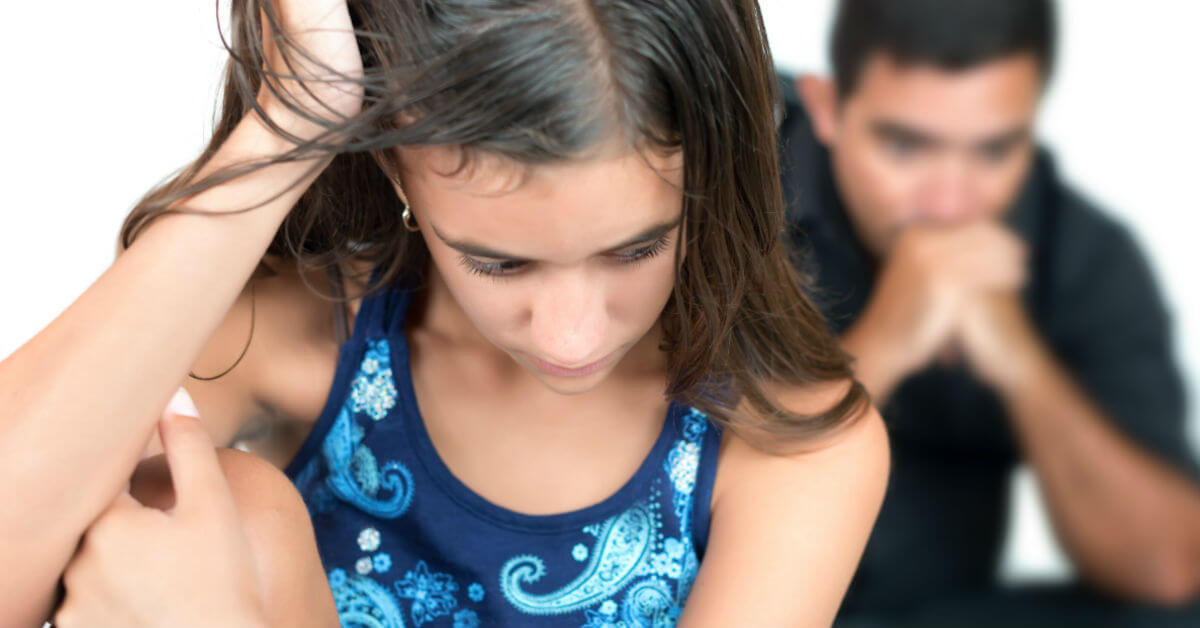Parents sometimes send their troubled teens to boot camp in an effort to straighten them out and put them on the proverbial right track. In other cases, the courts order the young person to attend boot camp instead of locking them up. The bottom line is that these programs are usually a last resort and intervention to deal with substance abuse, behavioral or emotional issues. Parents, teachers, social workers and law enforcement officers might believe that these tough programs will grab the young person’s attention and motivate them to change. Admittedly, some facilities boast excellent success rates, but that is not always the case. Before you send your child to a boot camp for troubled teens, review the following information so that you can make an informed decision.
Disadvantages of Boot Camp
While a boot camp for troubled teens works in some cases, it might not be the right choice for your child. The following problems are associated with juvenile boot camps
1. Inexperienced staff – If your child is dealing with any complex or co-diagnoses, the staff might not be trained to handle them. Complex issues might include ADD, ADHD, Asperger’s syndrome, substance abuse, oppositional defiant disorder, eating disorders, borderline personality disorder or similar problems. In addition to a lack of training, facilities sometimes hire young staff members that they believe will relate to the teens. However, these individuals also have little life experience when handling challenging situations.
2. Inability to take legal action – Parents might unwittingly sign over their rights to their child. They give the facility power of attorney to handle issues as they see fit. If the staff does not have the proper training, you might need to step in and take legal steps to protect your child. You need to make sure that you have the legal right to act if necessary.
3. Abusive behaviors – If the facility is not regulated, the teens can be the victims of abuse, which can span all types of mistreatment, such as:
Verbal abuse Neglect and a general lack of attention Withholding food or water Physical abuse Mental abuse, including isolation and Sexual abuse.
Tragically, children have even lost their lives at some of these facilities. Government statistics show that deaths occur for a number of reasons, such as heat stroke, blood loss, suicide, head injuries, dehydration and hyperthermia.
4. No accreditation – <a href= https://helpyourteennow.com/boot-camp-for-troubled-teens/>Boot camps for troubled teens</a> are not federally regulated and as such, have no accountability or oversight from a government agency. Staff does not need to be certified or even have a background of working with young teens. Even worse, individuals with a past criminal history of violence or sexual offenses can easily slip through the cracks as staff members. The lack of regulation can attract deviant individuals who are looking for vulnerable victims. In the long run, the children are the ones who suffer.
Alternatives to Boot Camp
Instead of sending your child to a boot camp for troubled teens, you might want to explore other options. Choose a facility that focuses on the specific needs of your child, such as a substance abuse facility for adolescents. Consider an outpatient program. Most importantly, seek places that are state-licensed and accredited by the federal government. You will reap the benefits of experienced and training professionals who are certified and who can meet the needs of your child. This intervention, with the help of caring staff, might be just what your teen needs to encourage him or her on the path to success.











0 Comments